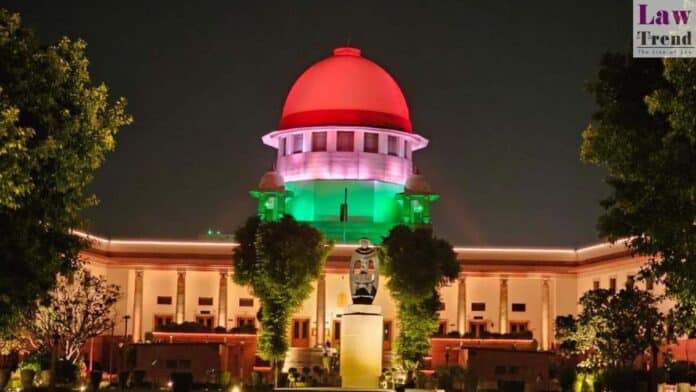The West Bengal government requested additional time on Tuesday to prepare responses to litigant submissions in a pivotal case concerning the status of Other Backward Classes (OBC) in the state. This request came as the Supreme Court was set to hear appeals against a Calcutta High Court ruling that had annulled the OBC status of several castes, predominantly Muslim, affecting their reservation in public sector employment and state educational admissions.
Senior Advocate Kapil Sibal, representing the state, addressed the bench led by Chief Justice D Y Chandrachud, alongside Justices J B Pardiwala and Manoj Misra, explaining the need for more time due to the volume of documentation provided by the opposing parties. “I need time to respond to them,” Sibal stated, prompting the Chief Justice to reschedule the hearing for the week commencing September 2.
The urgency of the state’s appeal stems from significant concerns that the High Court’s decision could disrupt ongoing processes such as scholarship distributions and NEET admissions. Previously on August 20, the state had urgently sought to have their plea heard, emphasizing the immediate implications on educational and employment opportunities for the affected groups.
In a prior session on August 5, the Supreme Court had demanded that the state government submit quantifiable data demonstrating the social and economic backwardness of the newly included castes in the OBC list and their inadequate representation in public jobs.
The High Court’s May 22 verdict struck down the OBC status that had been extended to these groups since 2010, critiquing the basis of their selection which seemed to pivot solely on religious lines. The judgment noted an “affront to the Muslim community as a whole” by potentially using these classifications for political ends.
The High Court also invalidated the West Bengal Backward Classes (Other than Scheduled Castes and Scheduled Tribes) (Reservation of Vacancies in Services and Posts) Act, 2012, particularly the inclusion of 37 classes without proper consultation by the state’s Backward Classes Commission. Additionally, it dismissed an executive order from May 11, 2012, that had created several sub-classes within these communities, labeling the processes as fraught with “illegality.”




